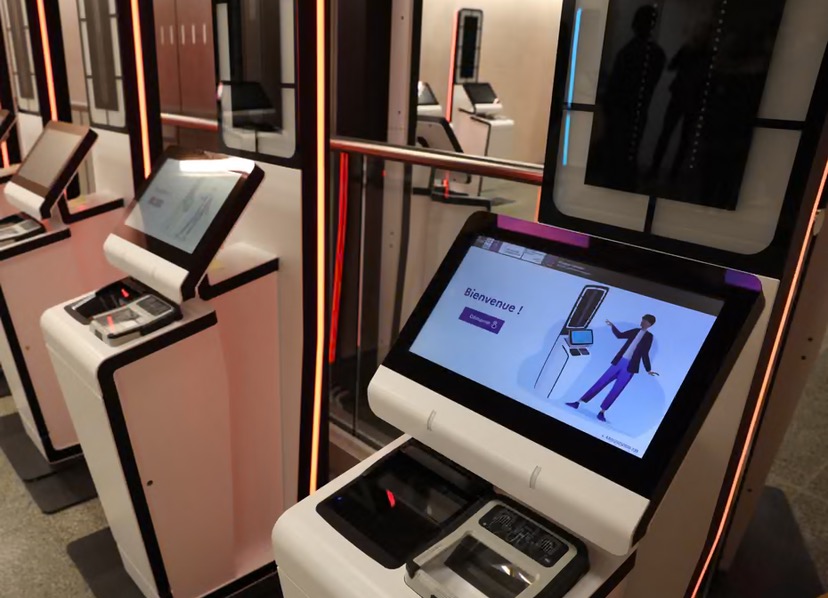British travellers heading to the European Union will begin facing new biometric border checks from Sunday as the long-delayed Entry-Exit System (EES) finally comes into effect.
The system, designed to enhance border security across the Schengen area, will initially roll out in phases to prevent widespread disruption.
Under the new rules, most non-EU travellers including Britons will be required to have their fingerprints and facial photographs taken when entering Europe.
They will also scan their passports and, in some cases, confirm details such as accommodation, return tickets, proof of funds, and travel insurance.
The full implementation of EES could take up to six months, during which time passports will continue to be stamped. Airports, ferry ports, and train stations across Europe, including Eurostar at St Pancras and the Port of Dover, have installed new biometric equipment costing tens of millions of pounds.
Officials fear the additional checks could cause delays, particularly for motorists who must exit their vehicles for registration.
To mitigate congestion, the UK government has secured overflow sites in Kent for diverted motorway traffic.
However, initial disruption is expected to be minimal, as only coaches and heavy goods vehicles will be checked in the first month, and a limited number of Eurostar passengers until January.
The European Commission said the system would make travel “smoother and safer for all,” giving border officers instant access to databases flagging irregularities.
UK transport minister Keir Mather said the government was working closely with European partners to minimise disruption.
Travel body Abta warned that many Britons remain unaware of the changes. It added that while EES should ultimately simplify travel, it will also automatically flag anyone breaching the post-Brexit 90-day travel limit.
Passport stamping is expected to end by April 2026.



